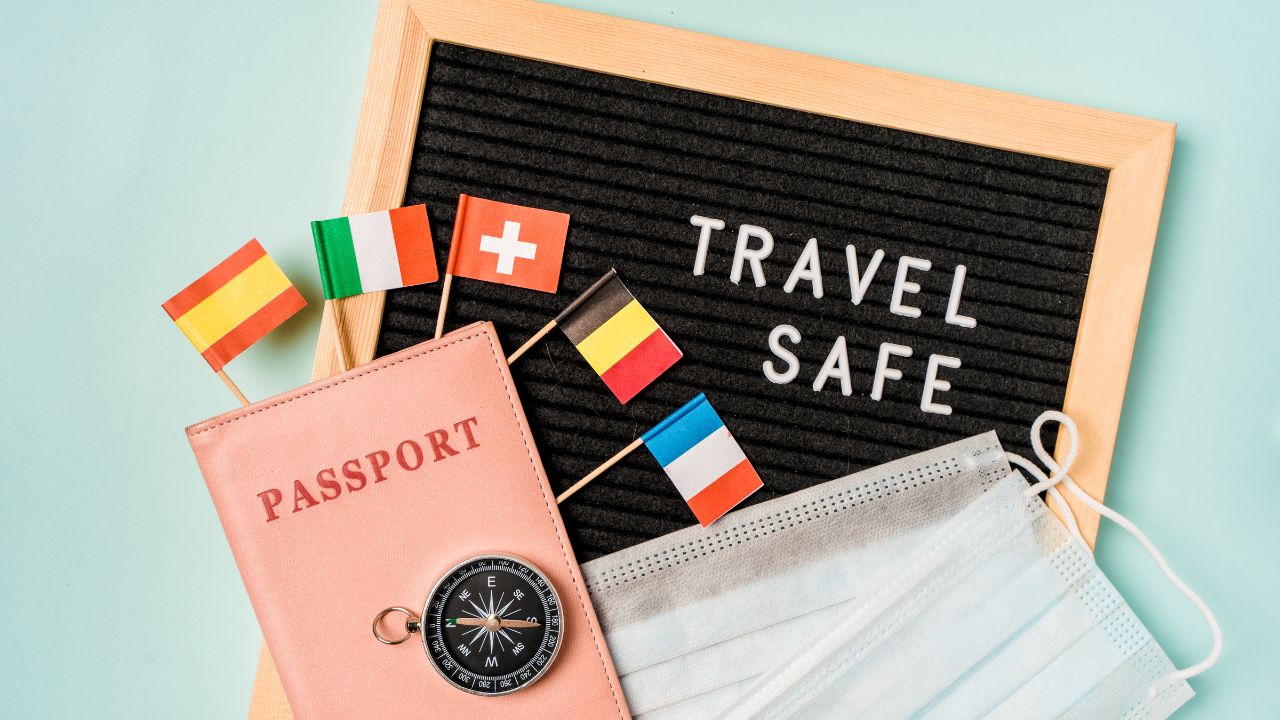The only question that everyone has in their mind right now is “Is Nepal Safe to travel?” Because of the concern on the devastation that earthquake brings, the focus it gets; the scenario has been made larger than what the actual situation is. Since, the Government of Nepal, Ministry of culture, Tourism and Civil aviation on its press release has assured that Nepal is safe and secured place to visit; there is no need to question the safety of travel in Nepal.
Nepal is generally considered a safe destination for travelers. However, like any other travel destination, it’s important to exercise caution and take necessary precautions to ensure a safe and enjoyable trip.
Here are some factors to consider:
-
Safety Precautions: It’s advisable to take basic safety precautions such as being aware of your surroundings, especially in crowded areas, and keeping your belongings secure. Avoid displaying signs of wealth or carrying large amounts of cash. Use reputable transportation options and be cautious while crossing roads.
-
Political and Social Situation: Nepal has undergone significant political changes in recent years, transitioning from a constitutional monarchy to a federal democratic republic. While the political situation has stabilized, it’s a good idea to stay informed about any current events or potential unrest that might affect your travel plans. Monitoring travel advisories from your country’s embassy or consulate can provide valuable information.
-
Trekking and Outdoor Activities: Nepal had renowned from its trekking and outdoor adventure opportunities. If you plan to engage in trekking or mountaineering, it’s crucial to choose a reputable trekking agency, follow safety guidelines, and adequately prepare with proper equipment and clothing. Hiring experienced guides and porters must be recommending for remote or challenging treks.
-
Altitude Sickness: Nepal’s mountainous regions, including popular trekking routes, reach high altitudes. Altitude sickness can be a concern for some travelers. It’s important to acclimatize properly, ascend gradually, stay hydrated, and be aware of the symptoms of altitude sickness. Consult with your healthcare provider before traveling to high-altitude areas.
-
Natural Disasters: Nepal is prone to natural disasters such as earthquakes and landslides due to its location in a seismically active region. While the likelihood of experiencing a major earthquake or natural disaster during your visit is low, it’s advisable to prepare by understanding safety protocols, following local authorities’ instructions, and having emergency contacts and information readily available.
Conclusion
It’s always a good idea to check the latest travel advisories, follow local laws and customs, and maintain travel insurance that covers any unforeseen situations. Additionally, seeking advice from experienced travelers, contacting reliable tour operators, and respecting local culture and customs can contribute to a safe and memorable trip to Nepal.

